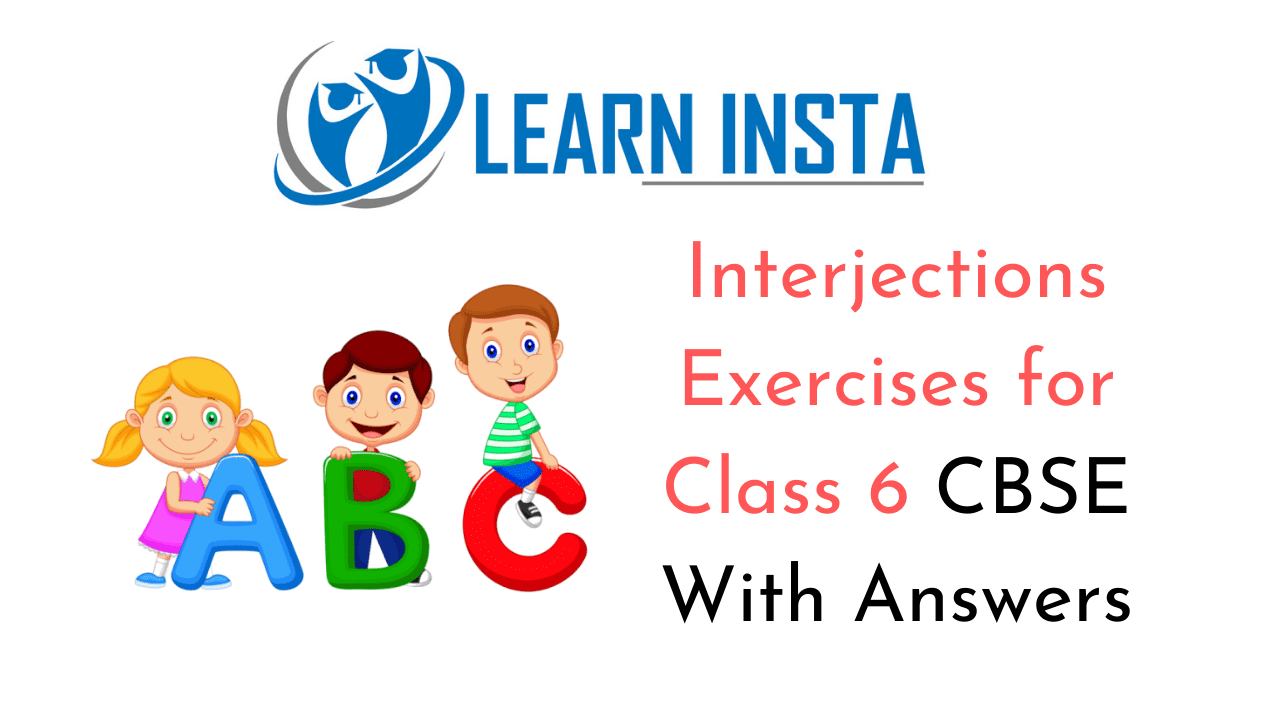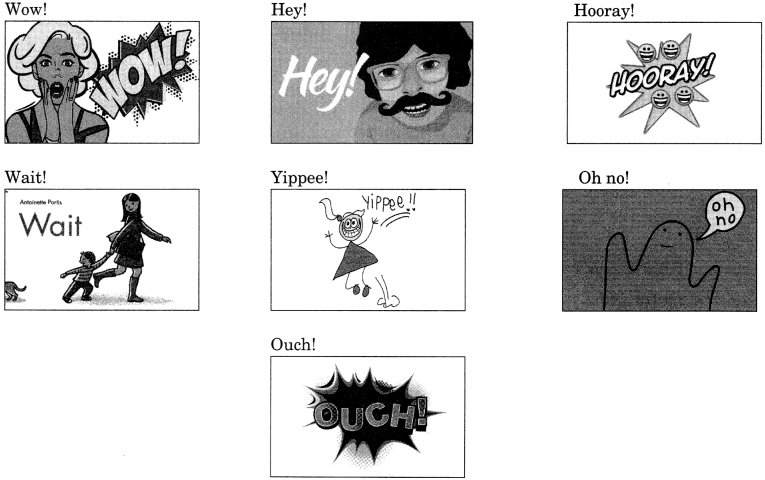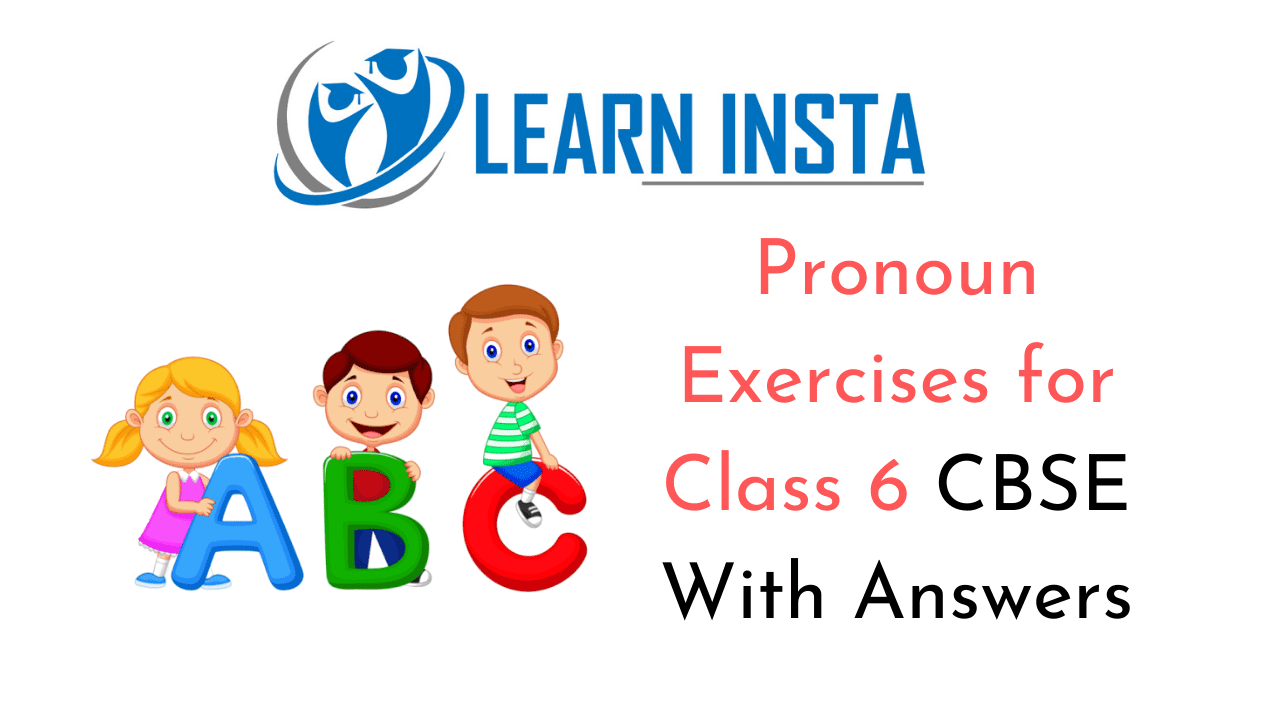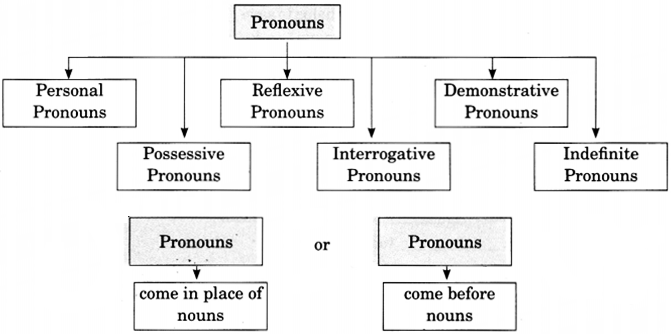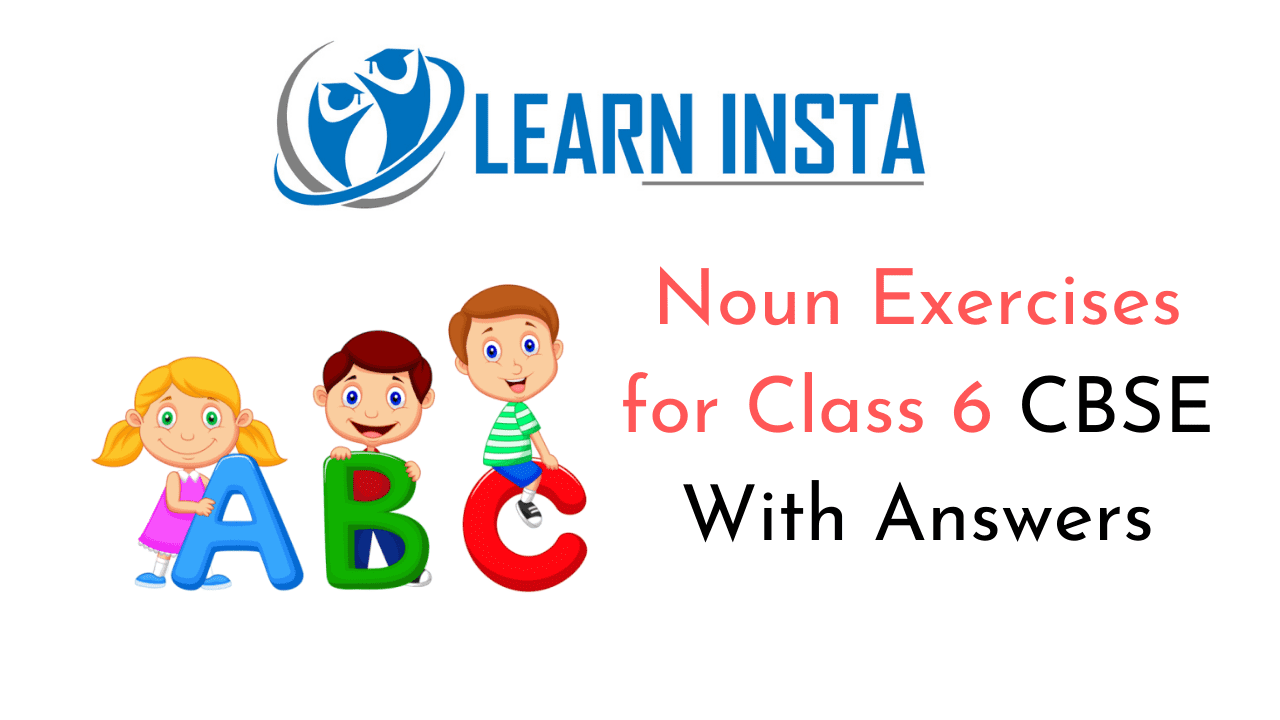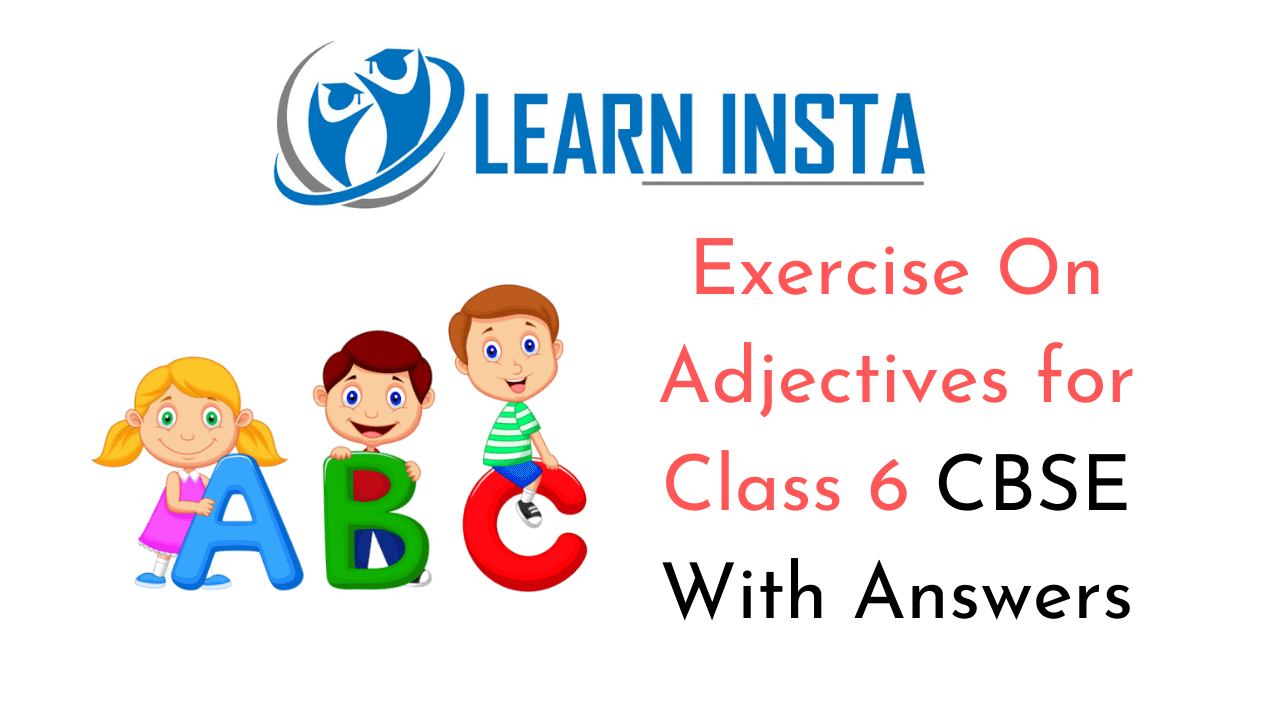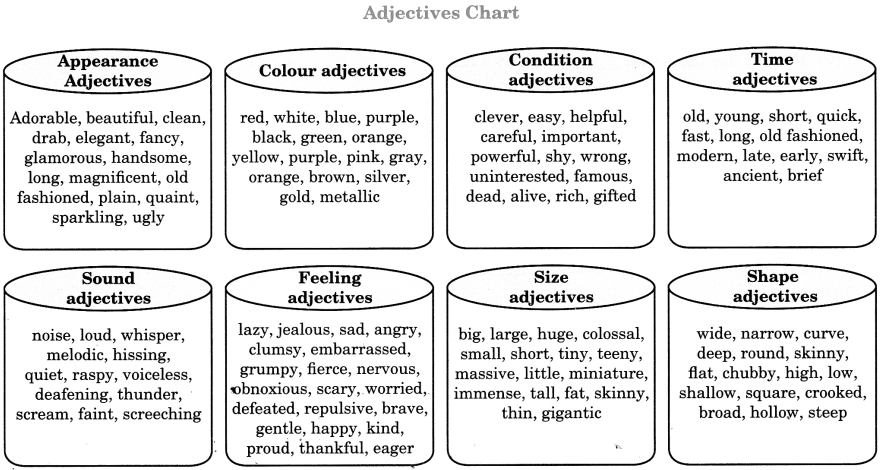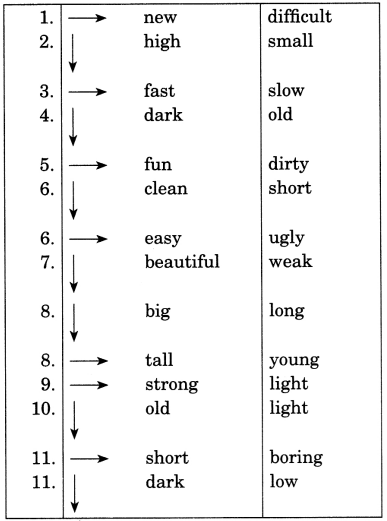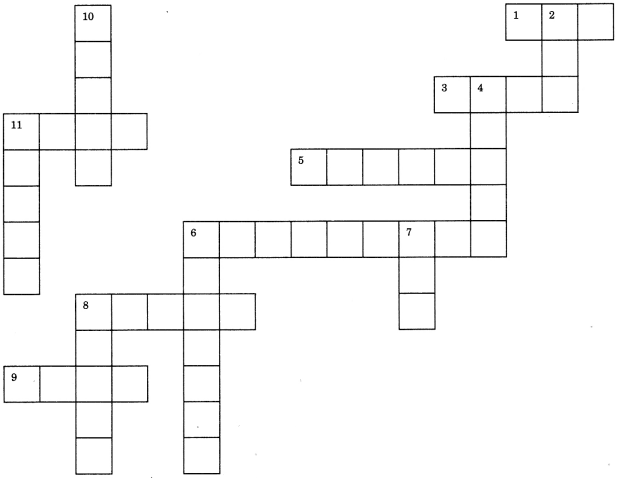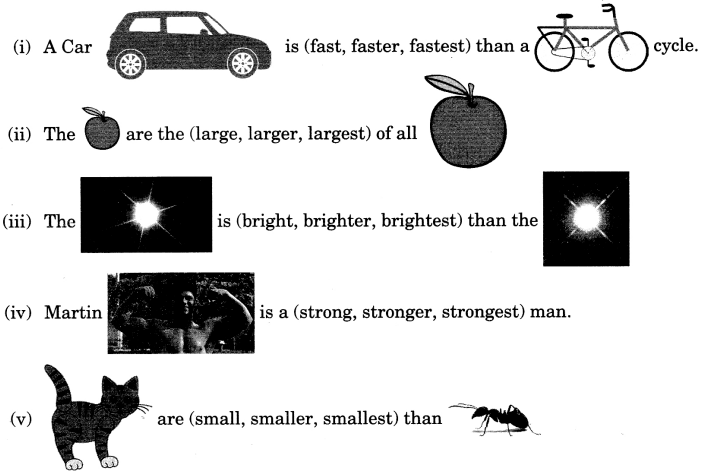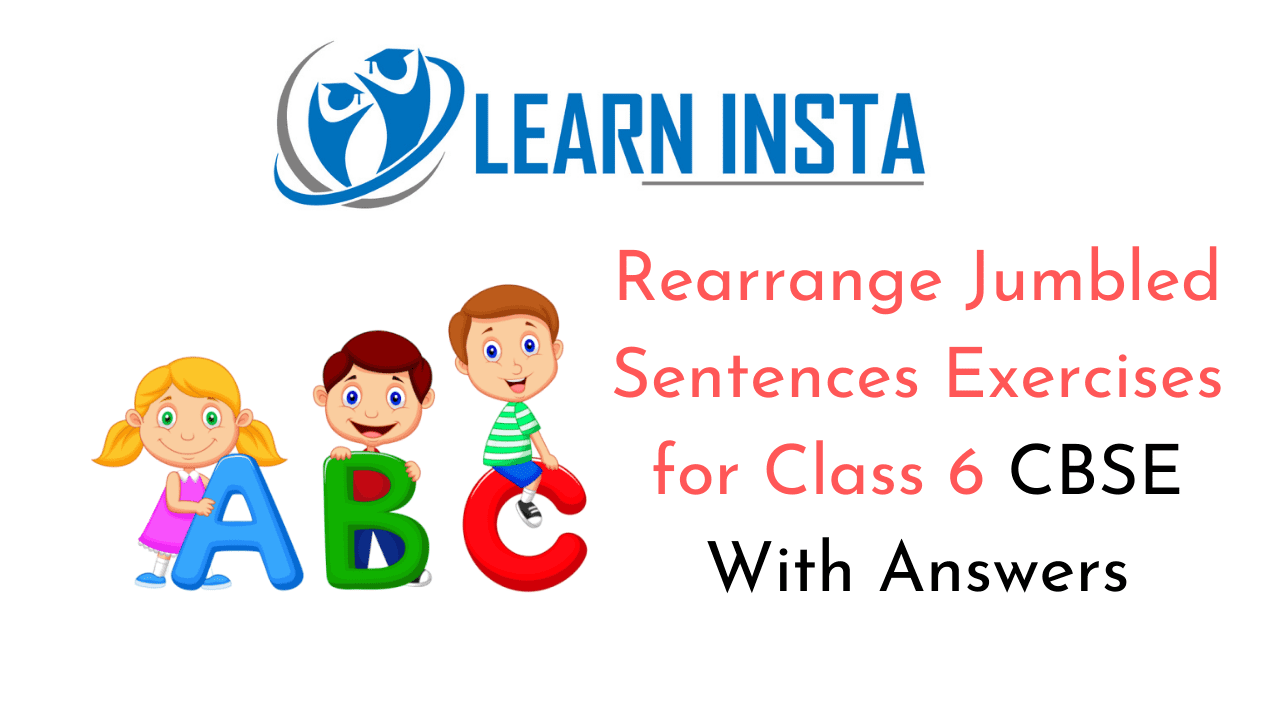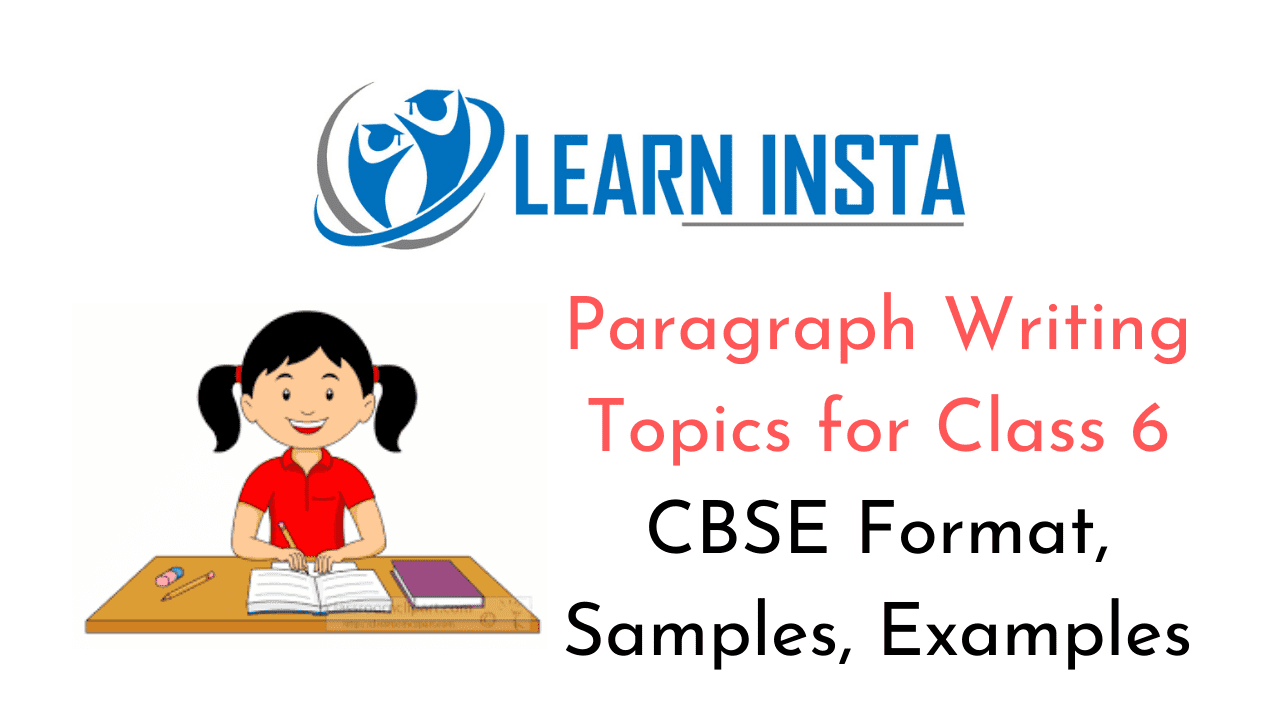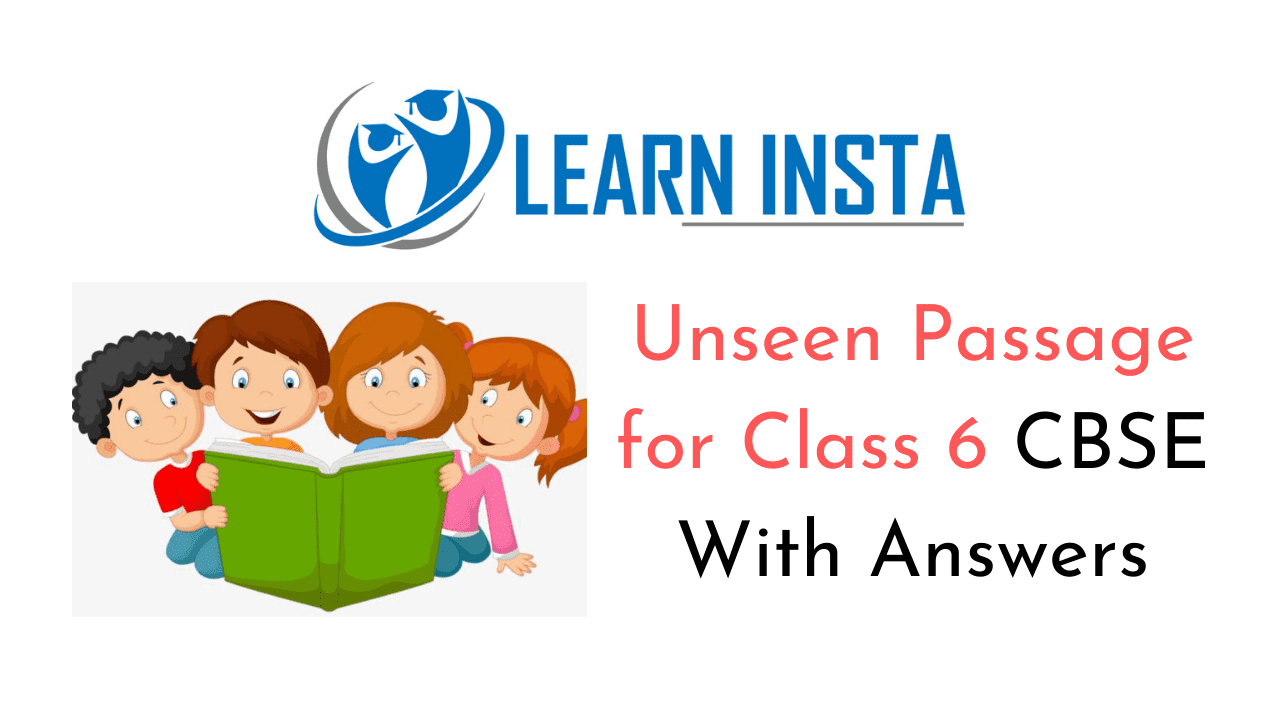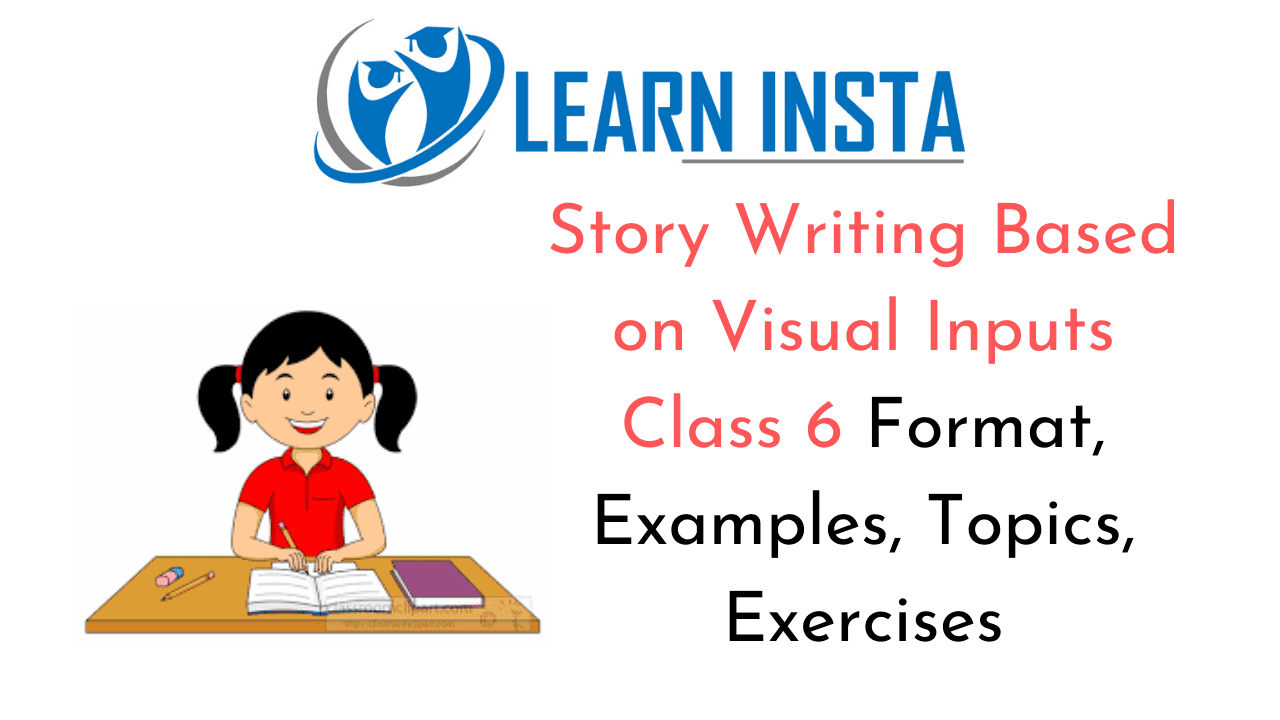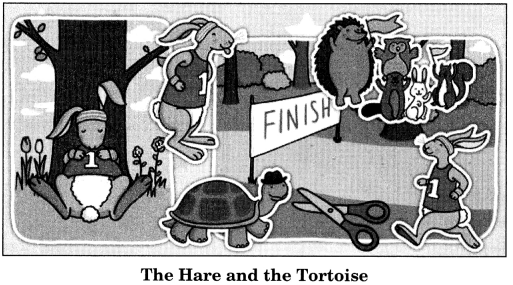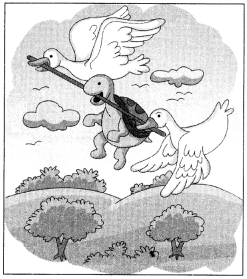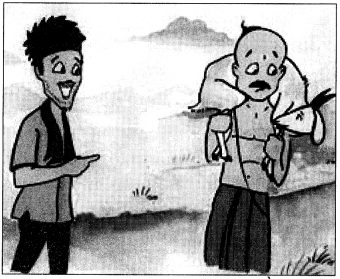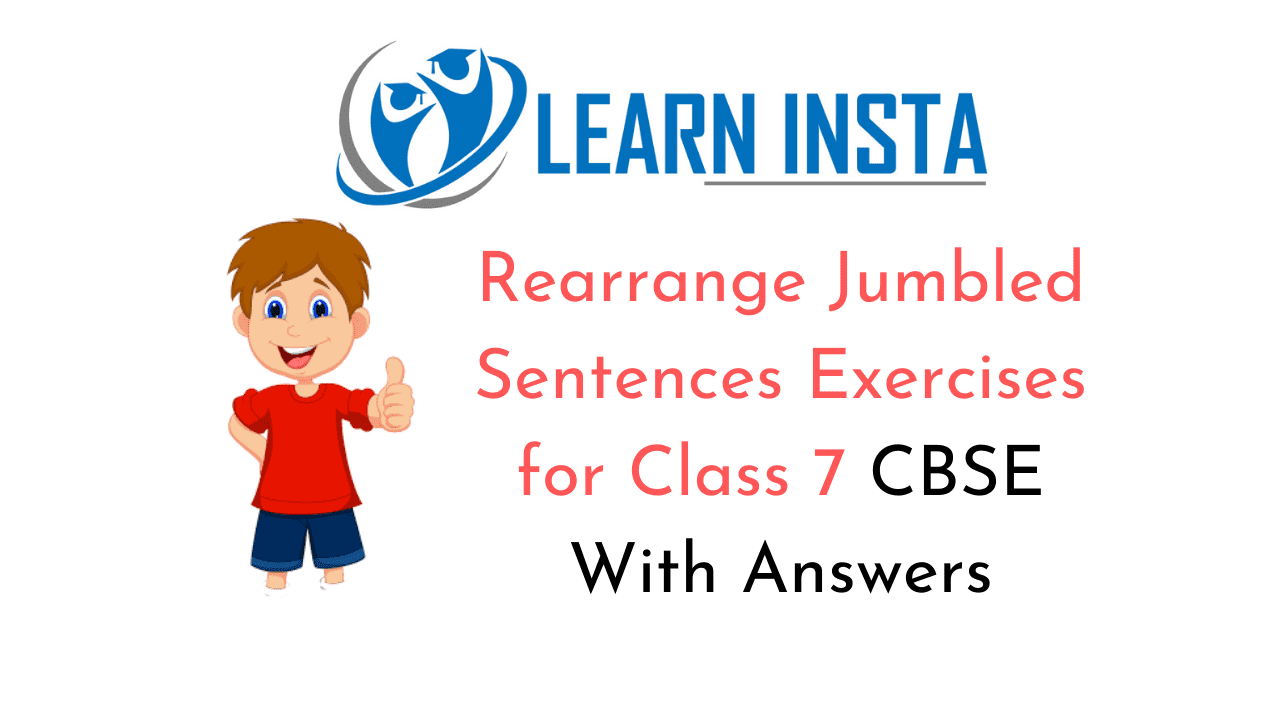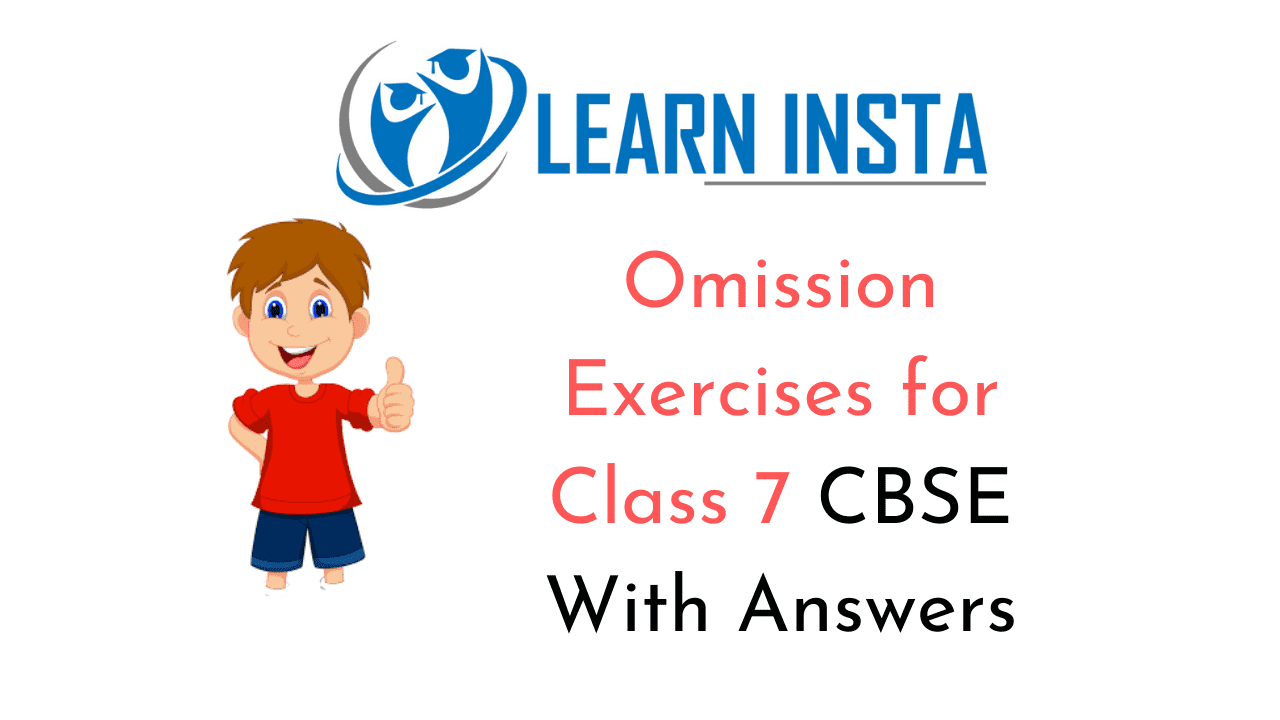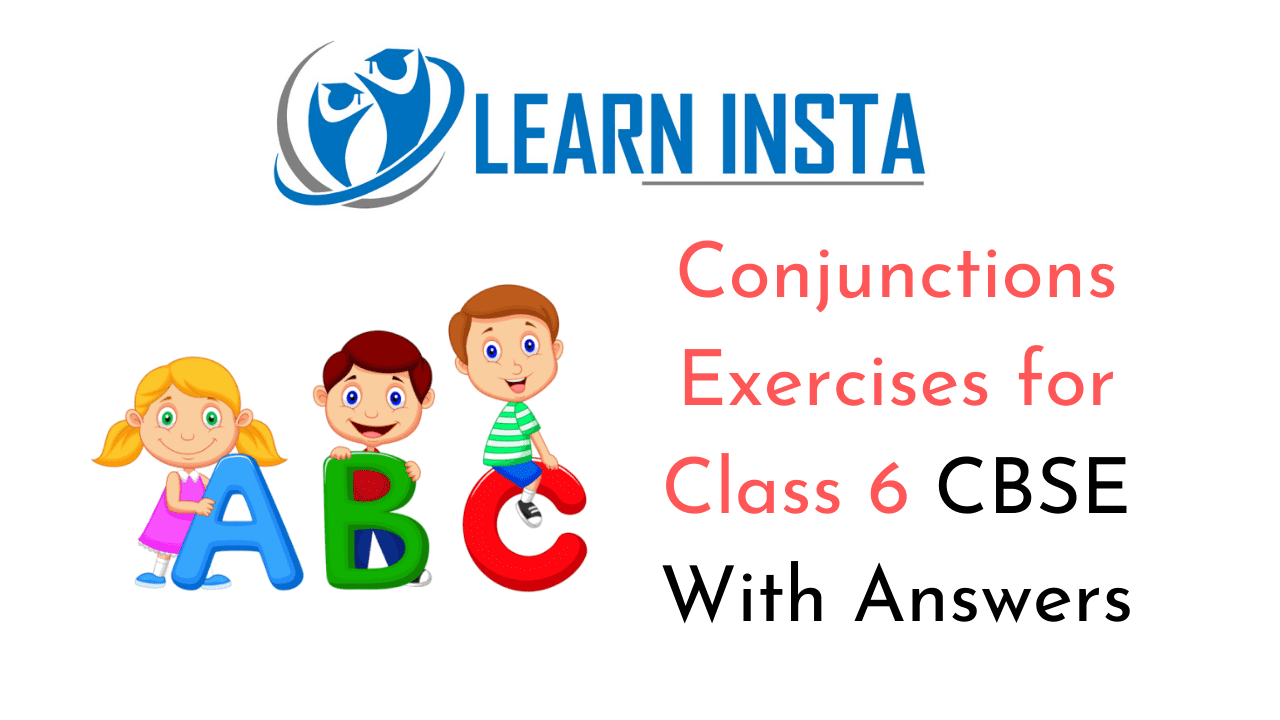
A conjunction is a part of speech that is used to connect words, phrases, clauses, or sentences. Conjunctions are considered to be invariable grammar particles, and they may or may not stand between items they conjoin. Conjunctions are words which joins together words, sentences, and part of sentences.
This grammar section explains English Grammar in a clear and simple way. There are example sentences to show how the language is used. You can also visit the most accurate and elaborate NCERT Solutions for Class 6 English. Every question of the textbook has been answered here. https://ncertmcq.com/conjunction-exercise-for-class-6/
Conjunctions Exercises for Class 6 CBSE With Answers Pdf
The three main types of conjunctions are:
- Coordinating conjunctions: These join words, phrases and clauses which are equally important.
- Subordinating conjunctions: These join subordinate or dependent clauses to main or independent clauses.
- Correlative conjunctions: These are paired conjunctions that join words, phrases and clauses that carry equal weight in a sentence.
The following table gives the uses of these conjunctions with examples.
| Conjunctions | Use | Example |
| and |
|
Rohit is smart and so is Girish. Hema went to the library and borrowed some books. We saw the storm coming and ran into the house. |
| but |
|
Mrs Luthra is not strict but she expects to be obeyed. No one but Ria wished the teacher on Teacher’s Day. |
| or |
|
You can have dinner now or later with your father and me. |
| nor |
|
It wasn’t defeated; nor was it victory. |
| yet |
|
Everyone complains about the pollution, yet no one does anything about it. |
| so |
|
He was tired, so he went to bed early. |
|
They are going to the concert; so are we. |
| Purpose | Conjunctions |
| Addition | and, also, too, as well |
| Choice | or, either – or |
| Contrast | but, though, although, whereas |
| Reason | because, as, since, |
| Comparison | as |
| Manner | as if, as though |
| Time | as, while, until, since, after, before |
Conjunctions
Conjunctions are joining words. They join words or sentences.
Yet, So, But, Or, for, Because, And, Nor
Conjunctions Exercises Solved Examples for Class 6 CBSE
(i) Receptionists must be able to relay information _________ pass messages accurately.
(a) or
(b) and
(c) but
(d) because
Answer:
(b) and
(ii) I did not go to the show __________ I had already seen it.
(a) until
(b) because
(c) so
(d) but
Answer:
(b) because
(iii) Mary is a member of the Historical Society __________ the Literacy Society.
(a) as
(b) or
(c) and
(d) but
Answer:
(c) and
(iv) Read over your answers __________ collect all mistakes before you pass them up.
(a) or
(b) and
(c) because
(d) while
Answer:
(b) and
(v) Keep the food covered __________ the flies will contaminate it.
(a) or
(b) and
(c) until
(d) though
Answer:
(a) or
Conjunction Worksheet For Class 6
Question 2.
Fill in the blanks with suitable conjunction.
(i) I like Sugar in my tea, I don’t like milk in it.
(ii) Listen to the story answer the questions in complete sentences.
(iii) Is it Thursday Friday today?
(iv) He was late ___________ the bus didn’t come.
(v) We were very tired _________ happy after our flight to Sydney.
(vi) They climbed the mountain __________ it was very windy.
(vii) __________ Lenny was watching the planes his wife was ready in the car.
(viii) I’ll text you ___________ I have arrived in Toronto.
(ix) Neither my brother ___________ my sister own a car.
(x) The sun was warm, __________ the wind was a bit too cool.
Ans.
(i) but
(ii) and
(iii) or
(iv) because
(v) but
(vi) although
(vii) While
(viii) after
(ix) nor
(x) yet
Conjunctions Worksheet For Class 6
Question 3.
Join each pair of the following sentences by means of a suitable conjunction.
(i) James smokes. His brother does not smoke.
(ii) Alice hasn’t come. Mary hasn’t come.
(iii) She speaks English. She speaks Spanish.
(iv) I like him. He is very sincere.
(v) He did not win. He worked hard.
Answer:
(i) James smokes but his brother doesn’t.
(ii) Neither Alice nor Mary has come.
(iii) She speaks English as well as Spanish. Or She speaks English and Spanish.
(iv) I like him because he is very sincere.
(v) Though he worked hard, he did not win.
Conjunctions Exercises Practice Examples for Class 6 CBSE
Conjunction Class 6
1. Complete the dialogues.
Teacher: Children, from tomorrow we are going to listen to music (i) _________________ we do you.
Stuti: (ii) ____________ we have been doing yoga every day for the last two months, from tomorrow can we do aerobics instead of yoga?
Teacher: I’ll ask the principal (iii) ________________ I meet her in the afternoon.
Rohini: Ma’am, may we go to the library after the yoga class?
Teacher: Yes, you may. Please do not leave the room (iv) the bells have rung. Remember to switch off all the fans and lights (v) ____________ you leave the room.
Conjunctions Exercises For Class 6
2. Fill in the blank with correct conjunction.
(i) The ant helped the dove ___________ the pigeon. (and I or)
(ii) Jill played the game well ___________ won the trophy. (and I but)
(iii) Alice fell down ____________ hurt her feet. (and / or)
(iv) The king is rich __________ the beggar is poor. (and / but)
(v) Derek is inside the house __________ Jonathan is outside the house. (but / or)
(vi) Polly likes crossword puzzles __________ Martha likes jigsaw puzzles. (and I but)
(vii) Mike have pet rabbit __________ a squirrel. (and I but)
